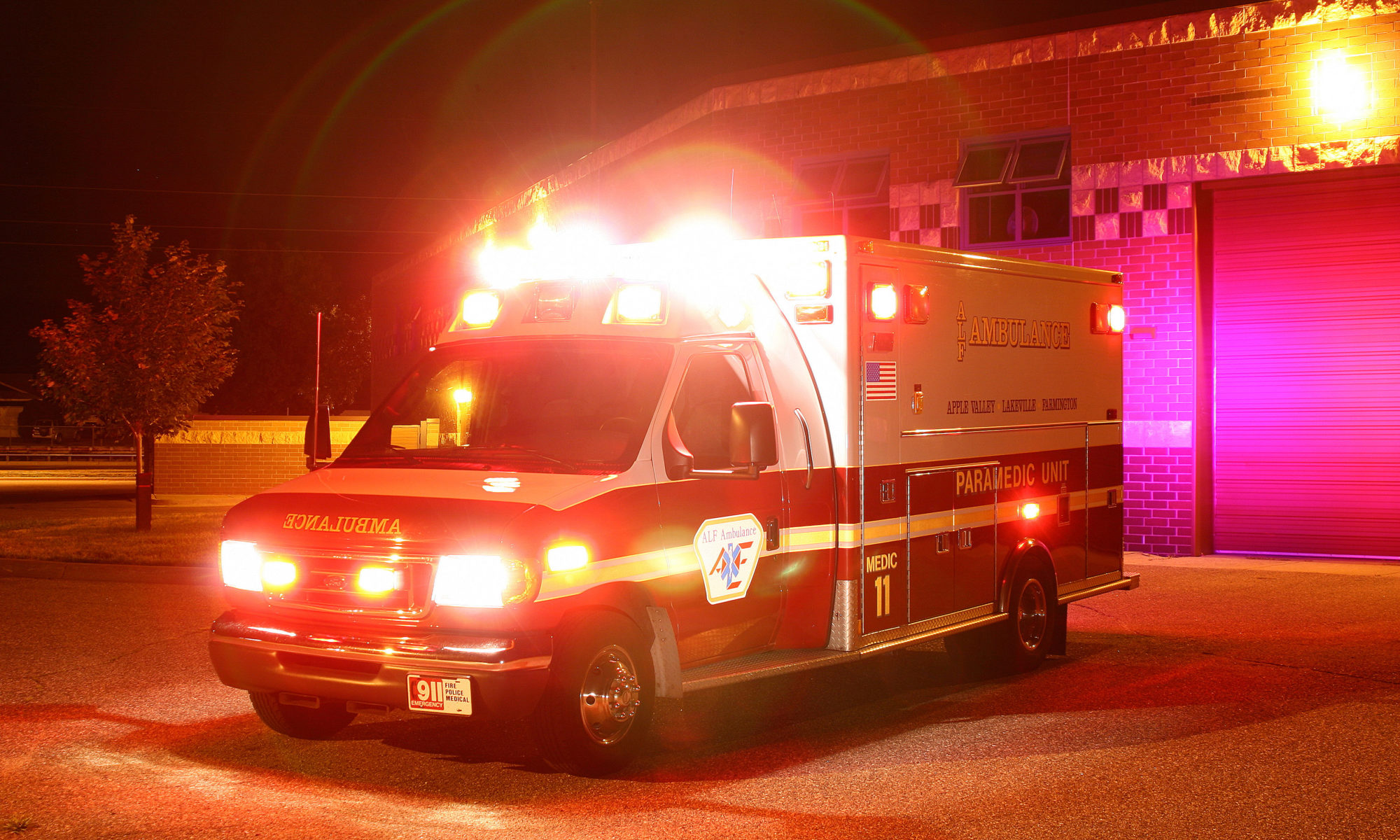One of the most often utilized arguments in the debate over paramedics and associate degrees is it will be a barrier to entry. What if this is the wrong tact? Could lack of recognition over a degree, in fact be what is preventing potential paramedics from becoming actual paramedics?
Just as there is no evidence-based data that degrees making a better paramedic, I couldn’t fathom survey data that exists measuring how many do not pursue paramedic because of concomitant degree.
This is something that’s been smoldering in the back of my mind for a few months. All I had was anecdotal accounts picked up from reading myriad sources over years. And observations of cultures that put a premium on a college education. I have to look no further than my wife’s parents. My father-in-law constantly informs my kids they can become a doctor, engineer or teacher; according to him, they have no choice. He is foreign-born and I can’t help but wonder how many cultures eschew paramedicine because there is no degreed prestige behind it?
Two items appeared in my Twitter timeline. I could no longer remain silent.
First, a “look inside” becoming a paramedic had a pull quote that spoke volumes [H/T NYC EMS Watch]. According to WJRT, Flint (MI) Assistant Fire Chief Edwards said EMS is “a great stepping stone for people looking to pursue other careers in the medical field.” Hey, on your way to a degreed medical position, why not stop in as a paramedic to get some real life experience! Flexible hours helps you go to school to be something else.
The second tweet was from Dale Loberger [HP_EMS], who expressed a desire to find common ground in this debate after reading EMS is Not Nursing! by Chief Becker. The crux of Chief Becker’s post lies on EMS’s high reliance on volunteers and different method of reimbursement. Both valid points. However, they are used as barriers to end debate on the topic.
After reading his post, I must ask: Are paramedics so good degrees are not needed; or so low on the cognitive hierarchy that degrees are unattainable? This is a somewhat facetious question. While I honestly do not think he questions intelligence, stating that EMS is different from nursing sets us apart. But without elaboration, there is room for doubt. I surmised from reading from several fire-based EMS writers, resistance to degree requirement is funding based. I get fire departments come from a tax-dependent, fixed-budget world. Half of my household’s income depends on local voters approving a tax levy or bonding bill every other year. In spite of this, school teachers must possess an undergraduate degree to work. And in Minnesota they fight for stringent educational requirements!
One line in Chief Becker’s article needs more exploration. He asked, “Since when is having a college degree evidence of being a professional?” Is he referring to a collective profession or individuals being professional? In my opinion, a college degree shows that an individual professional joined ranks of a profession by gaining more knowledge. Degrees are usually required for licensure, board certification or privileges. Unless one went to a so-called diploma mill, he or she has done significant work to earn a degree.
Do we want EMS to be a trade or profession?
If we work toward the latter, we may attract a more diverse workforce made up of those who represent cultures where degrees are an expectation.
